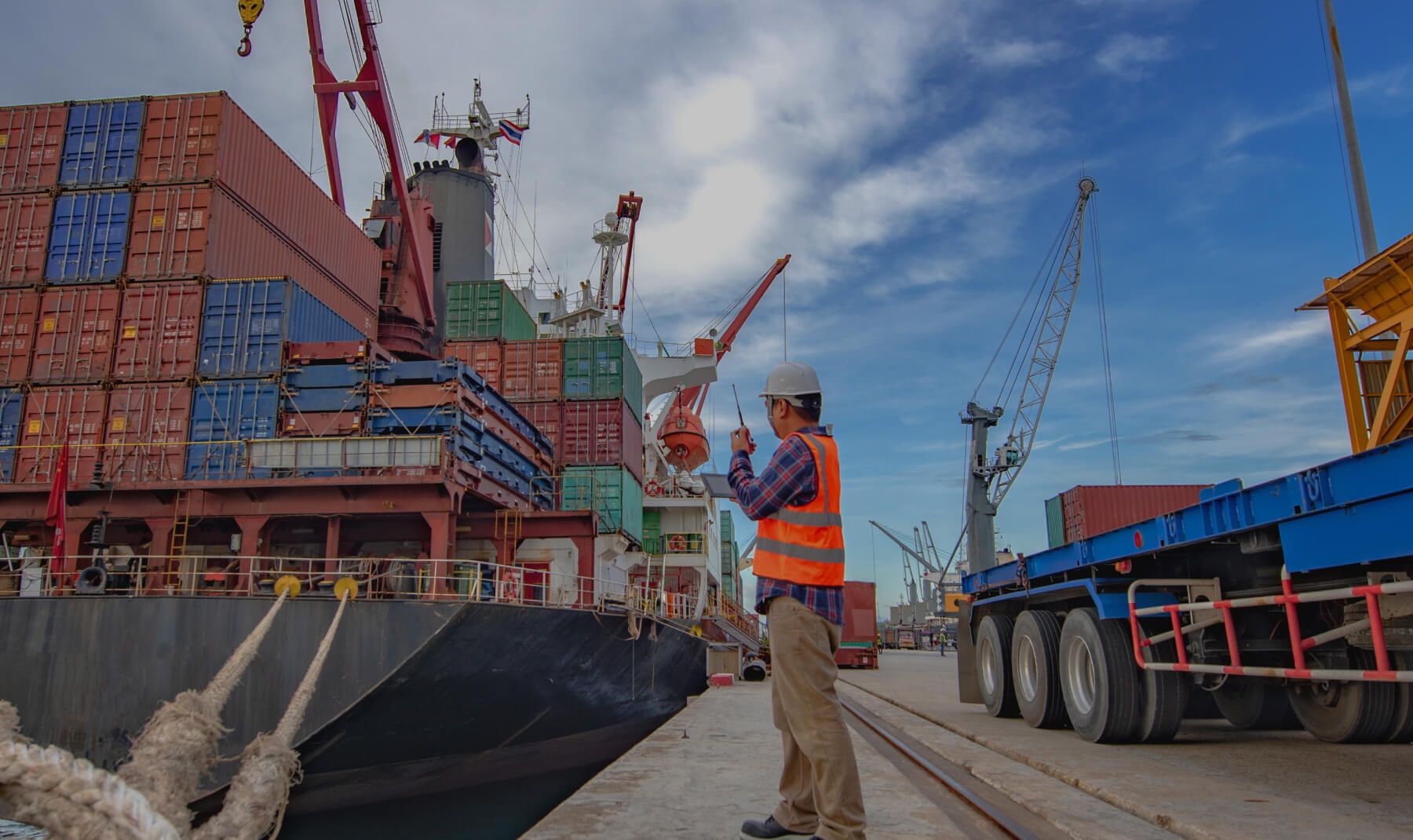
What can you send to Somalia – and what is prohibited?
Sending items to Somalia is something thousands of Swedes do every year – to family, friends, or in connection with a move. Whether it’s clothing, household items, or something more valuable, it’s important to know what can actually be shipped – and what is prohibited under both Swedish export laws and Somali customs regulations. In this blog post, we go through exactly what applies when using sea freight to Somalia.
There are quite a few misunderstandings and risks around prohibited goods. A shipment containing unauthorized items can be stopped, delayed – or in the worst case, confiscated. With the right knowledge, you can avoid mistakes and feel confident that everything will arrive as expected.
Why are there restrictions?
When you send something to another country, it is always subject to the regulations of both the sending country (in this case Sweden) and the receiving country (in this case Somalia). Both countries have laws on what can be imported and exported, often for safety, environmental, or health reasons.
That’s why it’s always important to double-check the contents before sending anything – even if your intentions are good. An innocent gift can become a problem if it happens to include something prohibited.
✅ Common items you CAN ship by sea to Somalia
Sea freight to Somalia is primarily used for personal belongings, household items, electronics, and clothing. Here are examples of items that are allowed and commonly found in our shipments:
1. Clothing and shoes
Both new and used clothing is allowed, as long as it’s clean and properly packed. Many people send seasonal clothes, children’s clothing, or bulk items to relatives.
2. Household items
Plates, cutlery, kitchen appliances, pots – most items are fine as long as they’re safely packed. Be sure to protect porcelain and glassware from shocks during transport.
3. Electronics
TVs, phones, computers, and other consumer electronics are common in shipments. Just make sure they’re properly packed, preferably in original packaging or with extra protection.
4. Furniture and appliances
You may send items like sofas, tables, refrigerators, freezers, and washing machines. These require extra careful packing and often special handling. Ask us if you’re unsure how to prepare large items.
5. Dry goods and food
Pasta, rice, canned goods, and other packaged, long-lasting products are okay to ship. Never send perishables, meat, or dairy – they spoil easily and are often stopped by customs.
6. Bicycles, strollers, toys
Larger items like strollers and bikes are fully allowed and quite common. Just make sure they don’t have loose parts that could fall off during transit.
7. Books, school supplies, and tools
It’s fine to send textbooks, writing materials, tools, and simple machines, as long as they’re not classified as hazardous goods.
❌ Examples of items you CANNOT send
Even though many items are allowed, there are clear limits. Below is a list of items that are prohibited or highly regulated in sea freight to Somalia. This applies regardless of whether the shipment is a gift, for personal use, or for resale.
1. Weapons and ammunition
All forms of firearms, knives, ammunition, or military items are strictly prohibited. This also includes air guns and certain types of toy weapons that could be mistaken for real ones.
2. Cash and valuables
You may not send cash, checks, securities, or real jewelry in your shipment. These must be sent via specialized services or not at all.
3. Alcohol and drugs
All types of alcohol are prohibited for shipment to Somalia. The same goes for narcotics, undocumented medicines, and unauthorized supplements.
4. Batteries and liquids
Lithium batteries, car batteries, and certain chemicals are classified as hazardous materials and cannot be shipped without special permission. This also applies to liquids, paints, spray cans, and cleaning products.
5. Explosive or flammable substances
Lighters, gas containers, fireworks, and other explosive items may never be shipped via regular sea freight.
6. Prohibited foods and animal products
Fresh meat, fish, dairy, and other perishable products are prohibited. These can spread disease and won’t survive the journey.
7. Counterfeits and copyrighted products
Do not send knockoff brand clothing, music, movies, or software. Customs may seize these items and it can lead to legal consequences.